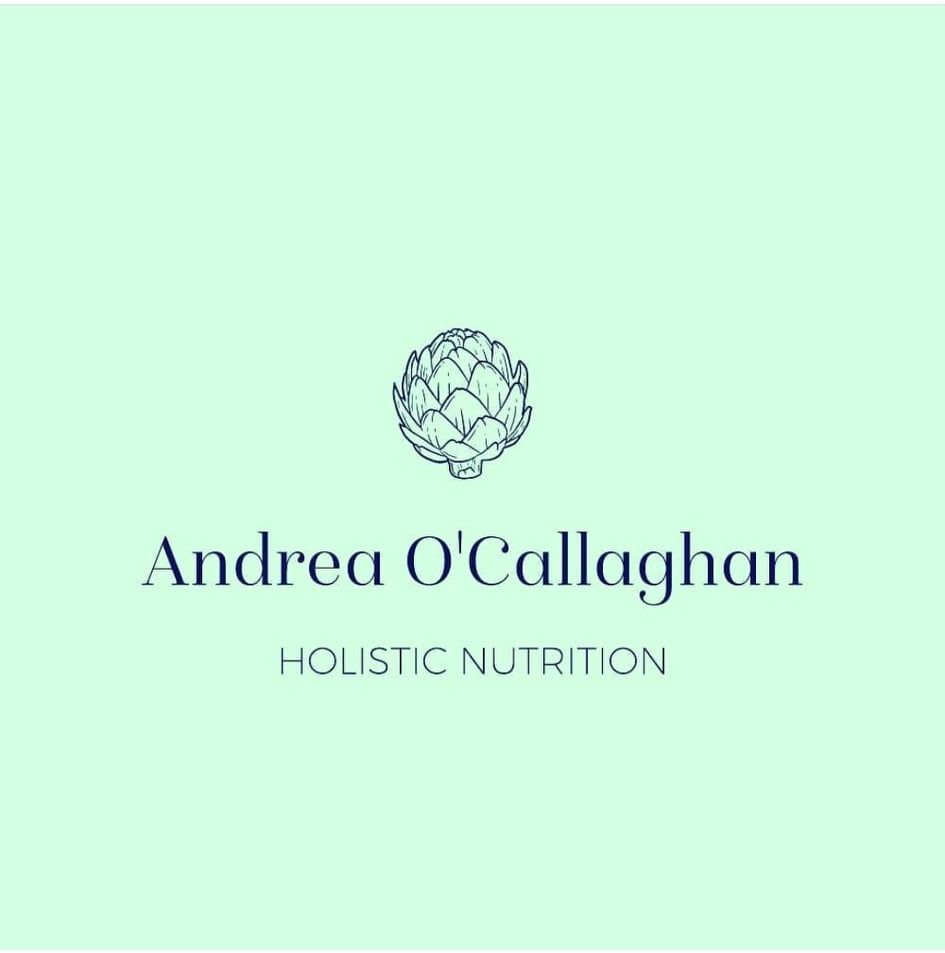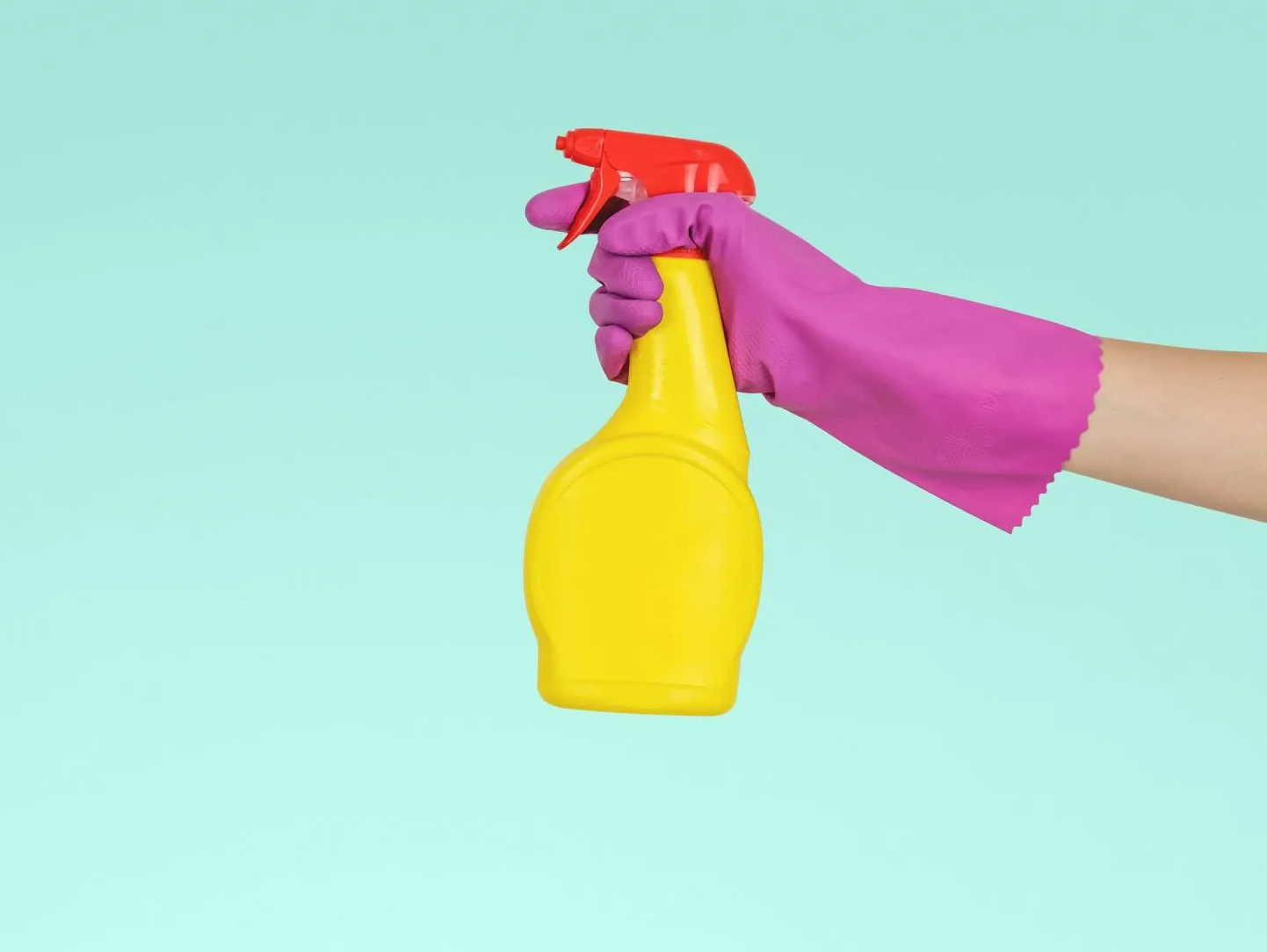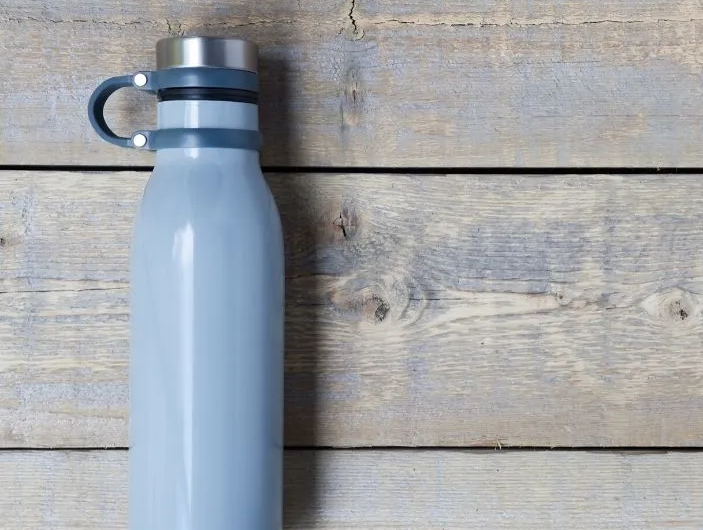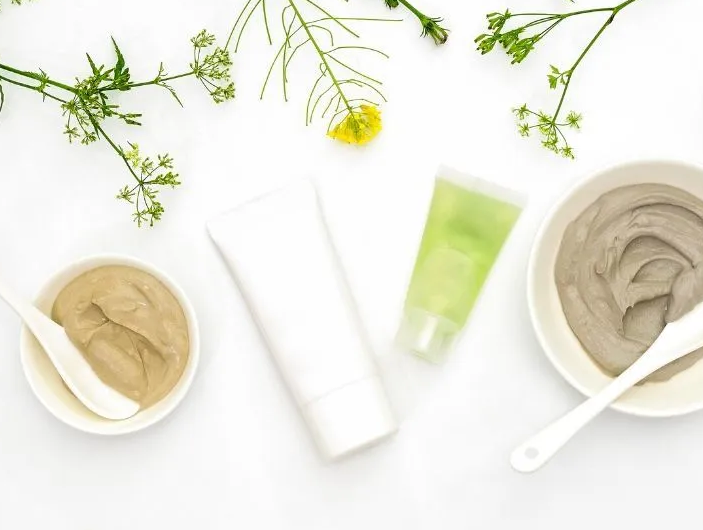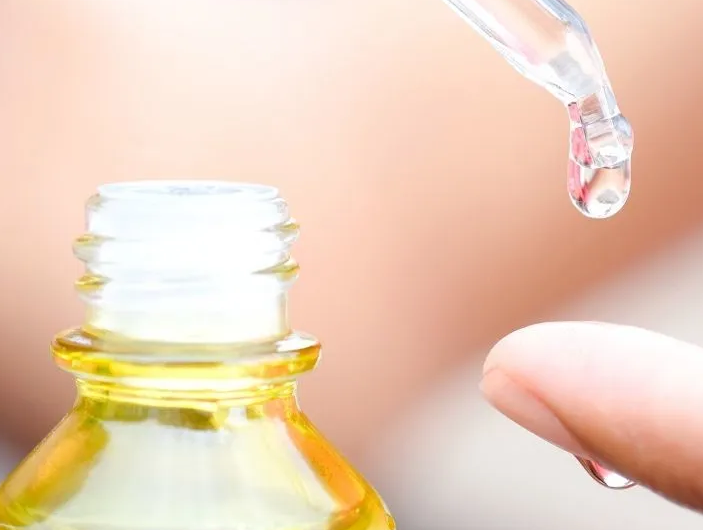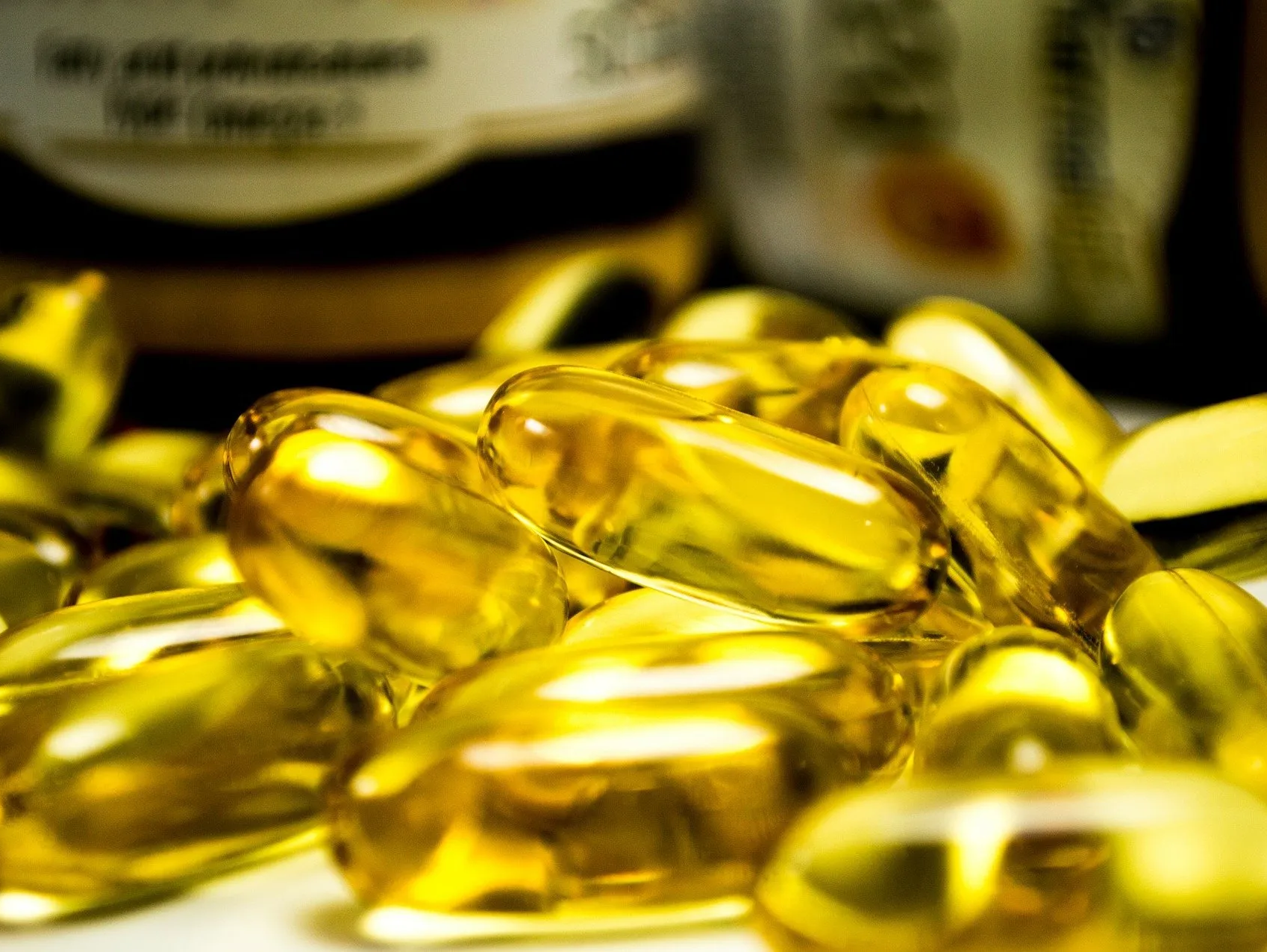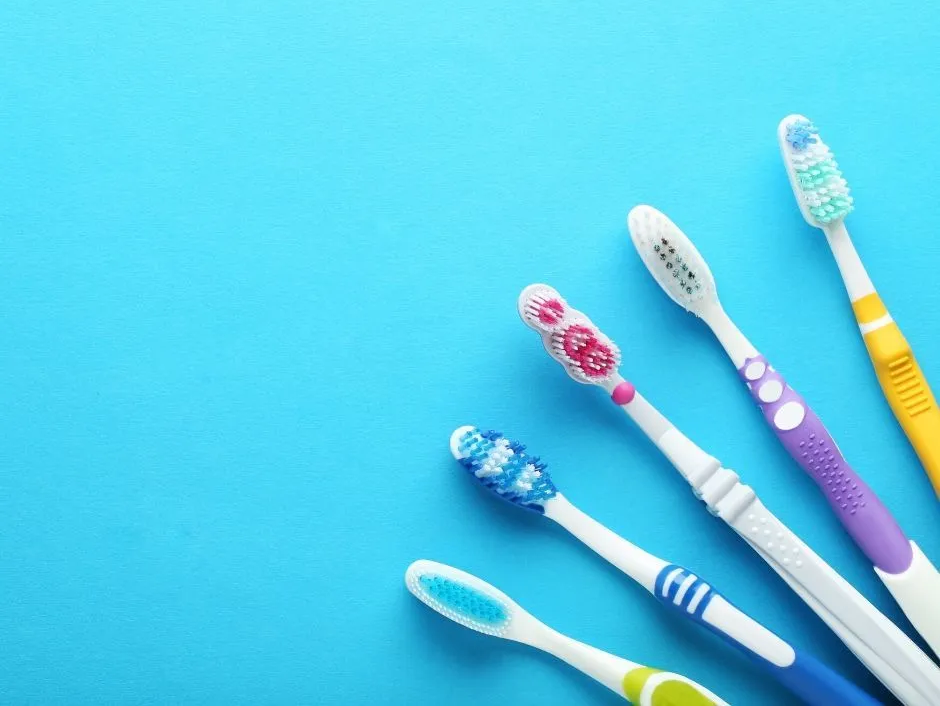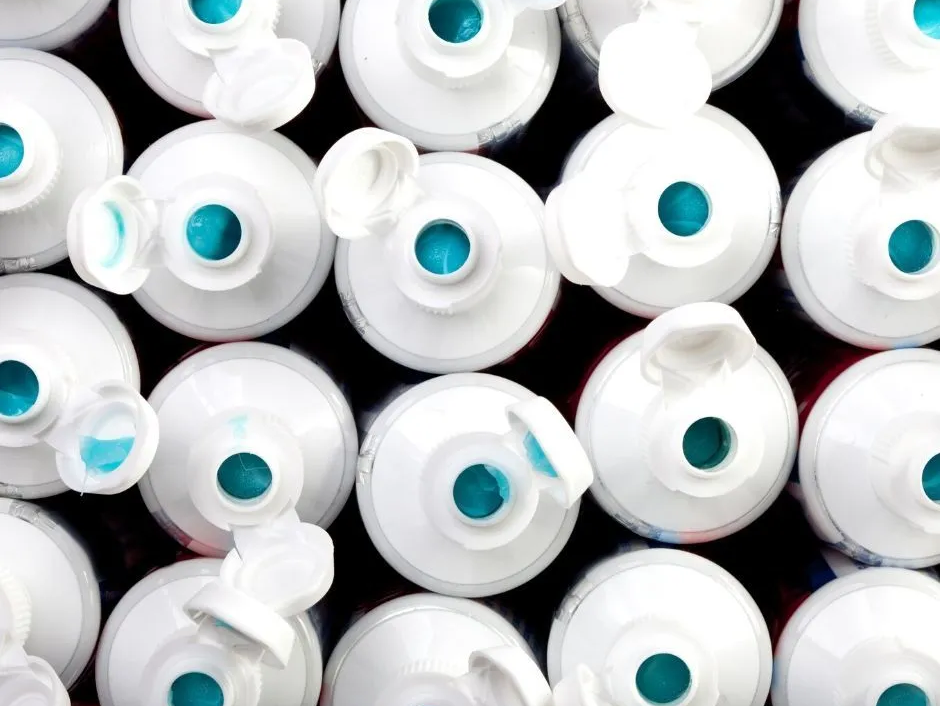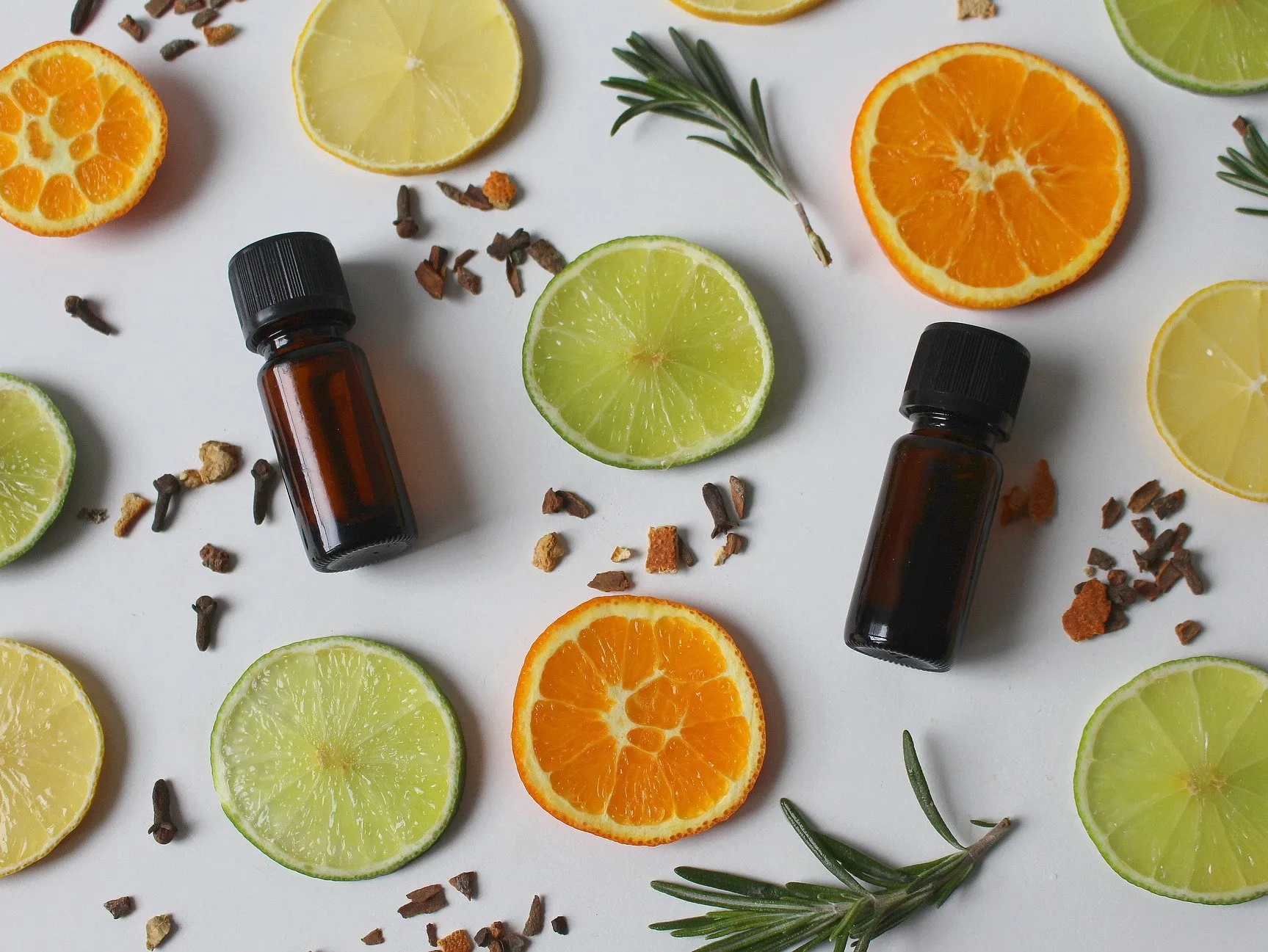LIFESTYLE
LIFESTYLE
Medical Disclaimer
All information contained on this page is for informational purposes only. It is not intended to diagnose, treat, cure, or prevent health problems. For all serious health issues, please contact a medical or nutrition practitioner. The information provided is based on the best knowledge of the author at the time of writing, and we do not assume liability for the information within this program, be it direct or indirect, consequential, special, exemplary, or other damages. In all circumstances, it is always wise to consult your physician before changing your diet, taking supplements, or starting any exercise or health program.
Living Clean Natural Cleaning Products.
In our everyday lives we are exposed to too many chemicals in the environment, but the highest exposure is in the home. And what we have in our homes is in our control. No matter what health issue you may have, decreasing your chemical exposure will help improve symptoms. You don’t know how chemicals are affecting you until you remove them from your environment. The good news is that you have the control, and there are many natural cleaning solutions that work as well as their chemical counterparts. You may think that you need the chemicals to have a clean home or clothes, but it’s not true. As you will see, there are many inexpensive options that will work for your home
Read more on our blog on how to introduce natural cleaning products on your home.
How to Use Less Plastic.
- Avoid buying items packaged in plastic.
- Look for detergents and other products in boxes. They still exist.
- Use cloth shopping bags or support stores that have switched to plastic corn bags.
- Wear clothing made of natural materials such as cotton, wool, or silk instead of synthetic materials such as polyester.
- Don’t throw old electronics in the trash to get rid of them. Take them to a facility that will recycle them.
- Be the one to reuse the plastic. This is called upcycling. If you are creative and crafty, there are many things you can do with plastic bottles and bags.
- Purchase a stainless steel or glass water bottle.
- Bring a mug to work
- Bring your own reusable containers for take-out and leftovers.
Read our blog about How to Use Less Plastic here.
DIY Beauty Products.
There are many skin care products that you can make by yourself. It will take some trial and error to find what works best for you, but it’s fun, and you will know for sure what you’re using on your body. You don’t have to start from scratch. Here are a few of the great books that are available to help you:
Read More
· Green Beauty Recipes: Easy Homemade Recipes to Make Your Own Natural and Organic Skincare, Hair Care, and Body Care Products by Julie Gabriel
· Organic Body Care Recipes by Stephanie Tourles
· 100 Organic Skin Care Recipes by Jessica Ress
· The Natural Beauty Solution by Mary Helen Leonard
· Make Your Own Skin Oil
Read our blog about what chemicals to avoid in our beauty products and probiotics and prebiotics in beauty products.
How to Make your Own Skin Oil.
An easy and cost-effective way to make a skin oil for both your face and body. A skin oil can be made simply by combining a carrier oil with essential oils. Choose the essential oil that will have the benefits you’re looking for.
Carrier Oils:
- Avocado Oil
- Almond Oil
- Jojoba Oil
- Coconut Oil Tip
Essential Oils:
- Lavender
- Calendula
- Elderflower
- Rosehips
- Neroli
- Frankincense
- Helichrysum
- Sandalwood
- Clary Sage
- Lemongrass
- Myrrh
- Patchouli
- Rose
- Palmarosa
- Palmarosa
- Chamomile
- 100 ML of Carrier Oil
- 50 drops Essential Oil (Pick 4)
Tips for Choosing Supplements Wisely
We all know the vast array of supplements on the market today. It seems that new ones are launched every day and there is more and more marketing lingo that promises to save your health. But you are a savvy health-conscious consumer. You want to make sure you're making wise choices with your health (and money). Here are eight expert tips for you when choosing supplements:
- Tip #1: If you’re in a country that licenses or pre-approves supplements (like I am in Canada), then make sure you’re getting the real thing, and not some illegally imported bootleg of a product.
- Tip #2: Read (and heed) the warnings, cautions and contraindications.
- Tip #3: Look at the medicinal and non-medicinal ingredients for things you might be allergic to, or have reacted to in the past.
- Tip #4: Read the labelled “Indications” or “Uses” (a.k.a. How can this product help me?).
- Tip #5: What “dose forms” can you get (i.e. tablets, capsules, powder, liquid, etc.)?
- Tip #6: How much/many do you need for a recommended dose?
- Tip #7: Check the storage requirements and expiry date.
- Tip #8: If you’re trying a new supplement for the first time, start slow.
Read our blog to learn more about how to use these supplement tips in real life.
Natural Tooth Care
There are many elements to dental health that we can do simply with natural methods. Chemical antibacterial mouthwashes and toothpastes do more harm than good. The environment of the mouth contains both beneficial and harmful bacteria. It is the saliva that keeps everything in balance. It prevents tartar and plaque build-up as well as prevents tooth decay and gum disease.
The key is allowing the natural saliva in the mouth to be sufficient to protect the teeth and gums and using natural methods to keep the mouth clean without damaging the natural good bacteria that is present.
How to Increase Saliva Production:
- Chew Food: The more that food is chewed, the more saliva is produced.
- Stay hydrated: Dehydration of the body by just 8% lowers salivary flow to zero.
- Make the Chew Motion: Even when not eating food, making the chew motion in the mouth will produce saliva in the mouth.
How to Make your Own Toothpaste.
3 tbsp raw coconut oil
1 tbsp baking soda
1 tsp activated charcoal
10 drops peppermint or clove essential oil
Melt the coconut oil in a small pot. Pour into a bowl and add the other ingredients. Stir. Pour into a small container and store in the refrigerator. This will keep for several months.
What is Oil Pulling?
What is the purpose of oil pulling?
Don’t believe the hype you may read on the internet. Its purpose is to protect the mouth and teeth from bad bacteria and yeast, and it can help prevent plaque buildup as a result. There is research that indicates that plaque buildup and bad bacteria can be a factor in developing other conditions in the body but that is an indirect relationship. The main reason to oil pull is to have healthy gums and teeth by using a natural preventative method. Coconut oil is best as it contains two beneficial fatty acids: lauric acid, which is antibacterial and caprylic acid which is antifungal. Put up to a tablespoon of coconut oil in the mouth for 20 minutes as soon as awake in the morning, swishing it around the mouth during this time. There is no need to melt it as it will melt in the mouth. Spit it out into the garbage and not into the sink. Rinse with water and spit into the garbage as well. Otherwise, the coconut oil will clog the drain over time. Brush teeth with a natural toothpaste.
WEBSITE DISCLAIMER
Andrea O’Callaghan is a Registered Holistic Nutritionist based in St. John’s, Newfoundland.
By visiting this website you agree with our PRIVACY POLICY.
The information contained on this website is restricted to the subject of health matters intended for general well-being, and is not meant for the purposes of medical diagnosis, or for the treatment or prescribing of medicines for any disease. In these instances, please seek the advice of a qualified health professional.
